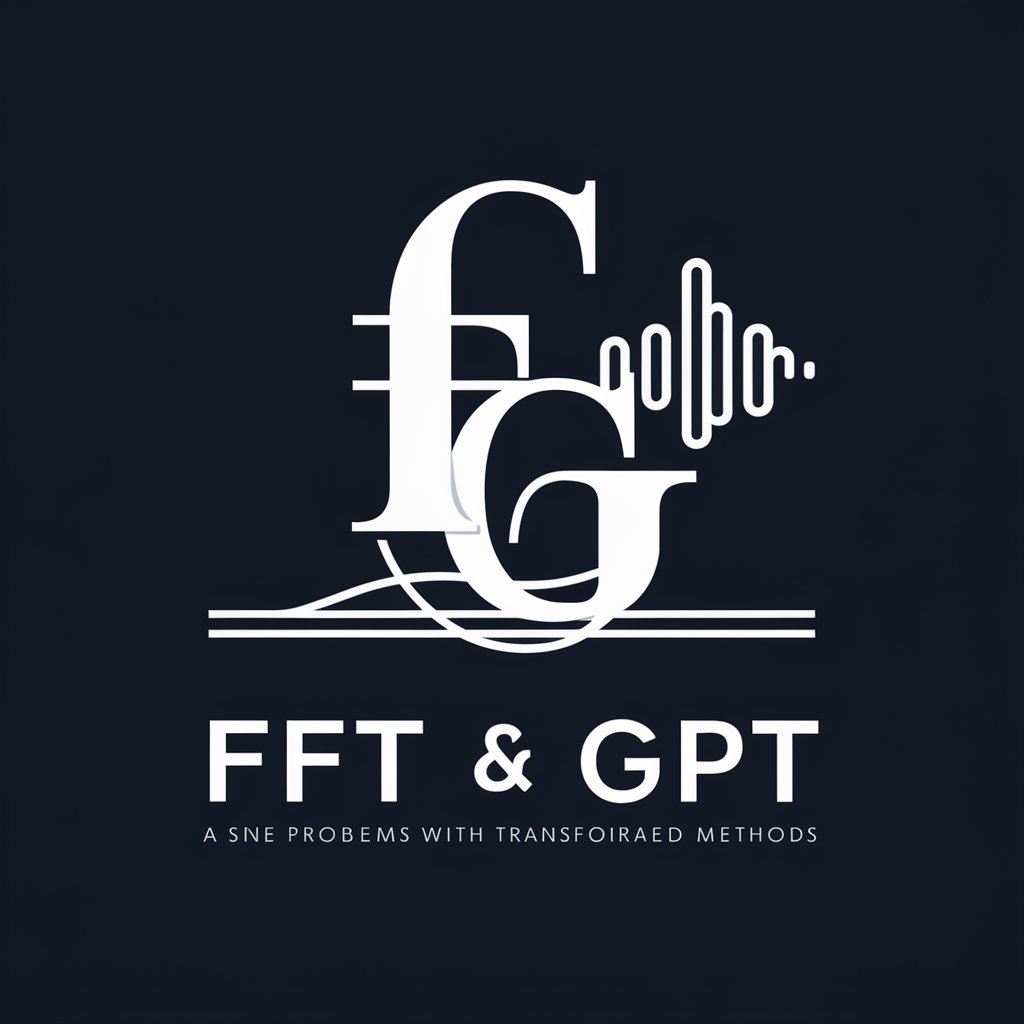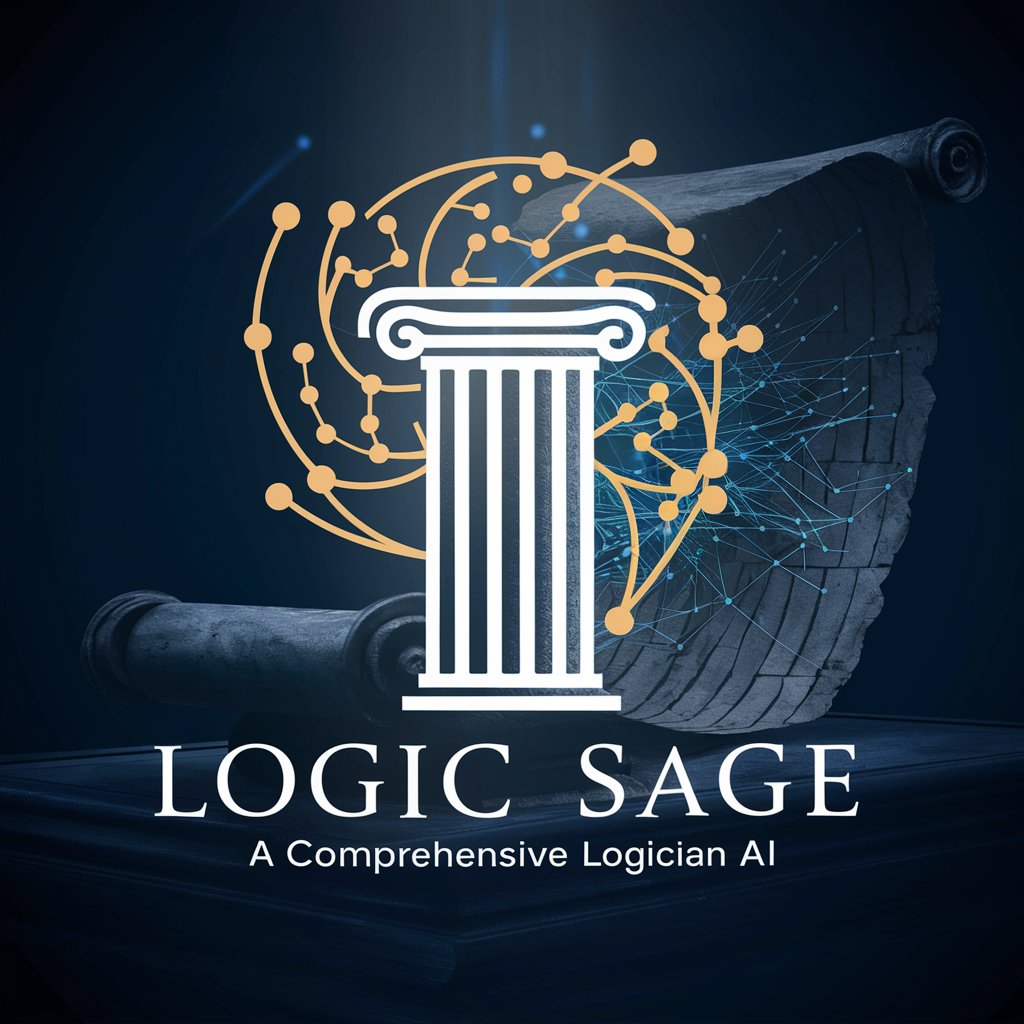
Credit Sage - Credit Guidance Tool

Hello! How can I assist you with your credit concerns today?
Empowering credit management with AI
Explain the main rights provided to consumers under the Fair Credit Reporting Act (FCRA).
How does the Fair Debt Collection Practices Act (FDCPA) protect consumers from abusive collection practices?
What are the essential elements of a dispute letter to credit bureaus?
Describe the role of the Consumer Financial Protection Bureau (CFPB) in regulating credit practices.
Get Embed Code
Introduction to Credit Sage
Credit Sage is designed as a specialized GPT acting as a credit expert, deeply knowledgeable in key financial acts like the Truth in Lending Act (TSR), Consumer Financial Protection Bureau (CFPB) guidelines, Fair Credit Reporting Act (FCRA), Credit Repair Organizations Act (CROA), and the Fair Debt Collection Practices Act (FDCPA). Its primary design purpose is to assist users in navigating the complex landscape of credit management, debt collection, and consumer rights. For example, Credit Sage can guide a user through the process of disputing inaccuracies on their credit report by explaining the rights afforded under the FCRA, or provide insights into how to handle collection agencies in alignment with the FDCPA. Through such scenarios, Credit Sage aims to empower consumers with knowledge and tools to improve their financial health and creditworthiness. Powered by ChatGPT-4o。

Main Functions of Credit Sage
Dispute Letter Generation
Example
Generating a dispute letter for inaccuracies found on a credit report, including autofilling addresses of the three major credit bureaus.
Scenario
A user discovers an incorrect debt listing on their Experian report. Credit Sage provides a step-by-step guide to crafting a dispute letter, autofills Experian's dispute address, and advises on the documentation needed to support their dispute.
Educational Insights on Consumer Rights
Example
Explaining consumer rights under specific acts like FDCPA and FCRA.
Scenario
A user receives a call from a debt collector for a debt they do not recognize. Credit Sage educates them about their right to request debt validation under the FDCPA, including the timeframe the collector has to provide this information.
Guidance on Credit Improvement
Example
Providing strategies for improving credit scores, such as managing credit utilization or negotiating with creditors.
Scenario
A user with a high credit card balance seeks advice on improving their credit score. Credit Sage suggests a plan to lower their credit utilization ratio and potentially negotiate a payment plan with creditors.
Ideal Users of Credit Sage Services
Individuals with Credit Report Issues
Users who have found inaccuracies in their credit reports or have been victims of identity theft will find Credit Sage's dispute letter generation and educational insights invaluable for correcting these issues and protecting their credit score.
Consumers Dealing with Collection Agencies
Individuals facing aggressive debt collection tactics can benefit from Credit Sage's guidance on their rights under the FDCPA, including how to request debt validation and stop harassing calls.
People Seeking to Improve Their Credit Score
Users looking to improve their creditworthiness for future financial opportunities, such as applying for a mortgage or car loan, will find Credit Sage's credit improvement strategies and advice on managing and negotiating debts highly beneficial.

How to Use Credit Sage
1
Initiate a free trial by visiting yeschat.ai, where you can explore Credit Sage's features without the need to sign up or subscribe to ChatGPT Plus.
2
Identify your specific credit inquiry or concern, such as understanding your rights under various credit protection laws, drafting dispute letters, or improving your credit score.
3
Use the provided tools and documents to navigate credit reporting, debt collection, or credit improvement processes with guidance on legal compliance and consumer rights.
4
For complex queries, leverage Credit Sage’s ability to generate customized responses, including letter templates for disputes or goodwill requests to creditors.
5
Regularly consult Credit Sage for updates on credit management strategies, changes in credit legislation, and tips for maintaining or improving your financial health.
Try other advanced and practical GPTs
GoGPT
Empower Your Code with AI

CoupletGen
Crafting timeless poetry with AI

20,000+ Best Custom GPTs Directory
Unlock AI Potential with Tailored GPTs

FFT-GPT
Transforming Data Analysis with AI

Value Chain Mapping
AI-Powered Strategic Mapping Tool

Playful Tanuki Video Search
Uncover the Tanuki World with AI

Real Image to Simpson's GPT
Transforming Realities into Cartoon Fun!

Eulogy Composer
Craft heartfelt tributes with AI

What's For Eat
AI-powered Culinary Companion

YouTuber Finder
Finding Your Next Favorite YouTuber, Simplified

Gym Buddy
Your AI-powered fitness companion.

BizRap
Transforming Business Themes into Rap

Credit Sage Q&A
What is Credit Sage?
Credit Sage is an AI-powered tool designed to assist users in navigating the complexities of credit management, offering guidance on credit reports, debt collections, and strategies for improving credit scores, all within compliance of credit protection laws.
How can Credit Sage assist with credit disputes?
Credit Sage can generate custom dispute letters and provide detailed advice on how to approach credit bureaus or creditors, ensuring that users articulate their disputes effectively and understand their rights under the Fair Credit Reporting Act (FCRA).
Can Credit Sage help me understand my credit report?
Yes, Credit Sage can guide you through the process of obtaining and interpreting your credit report, highlighting key areas of focus and offering suggestions for addressing any negative items or inaccuracies.
What advice does Credit Sage offer for dealing with debt collectors?
Credit Sage provides insights into your rights under the Fair Debt Collection Practices Act (FDCPA), including how to communicate with collectors, how to request debt validation, and how to report any violations or harassment.
Is Credit Sage suitable for improving my credit score?
Absolutely. Credit Sage offers strategies and best practices for credit improvement, including advice on managing credit balances, making timely payments, and utilizing credit-builder loans or secured credit cards effectively.





